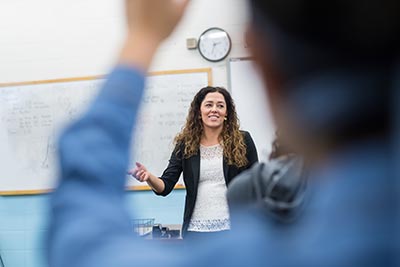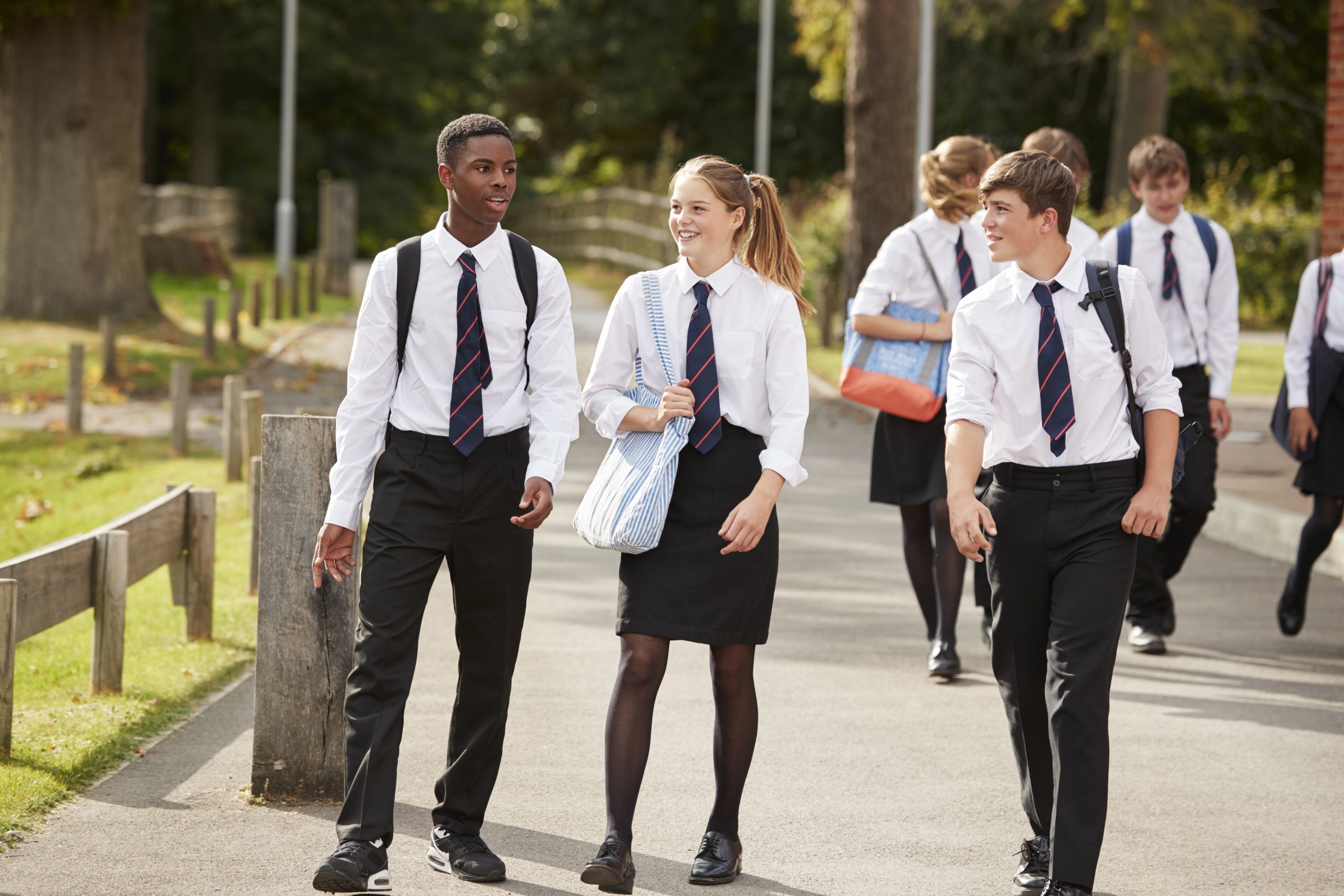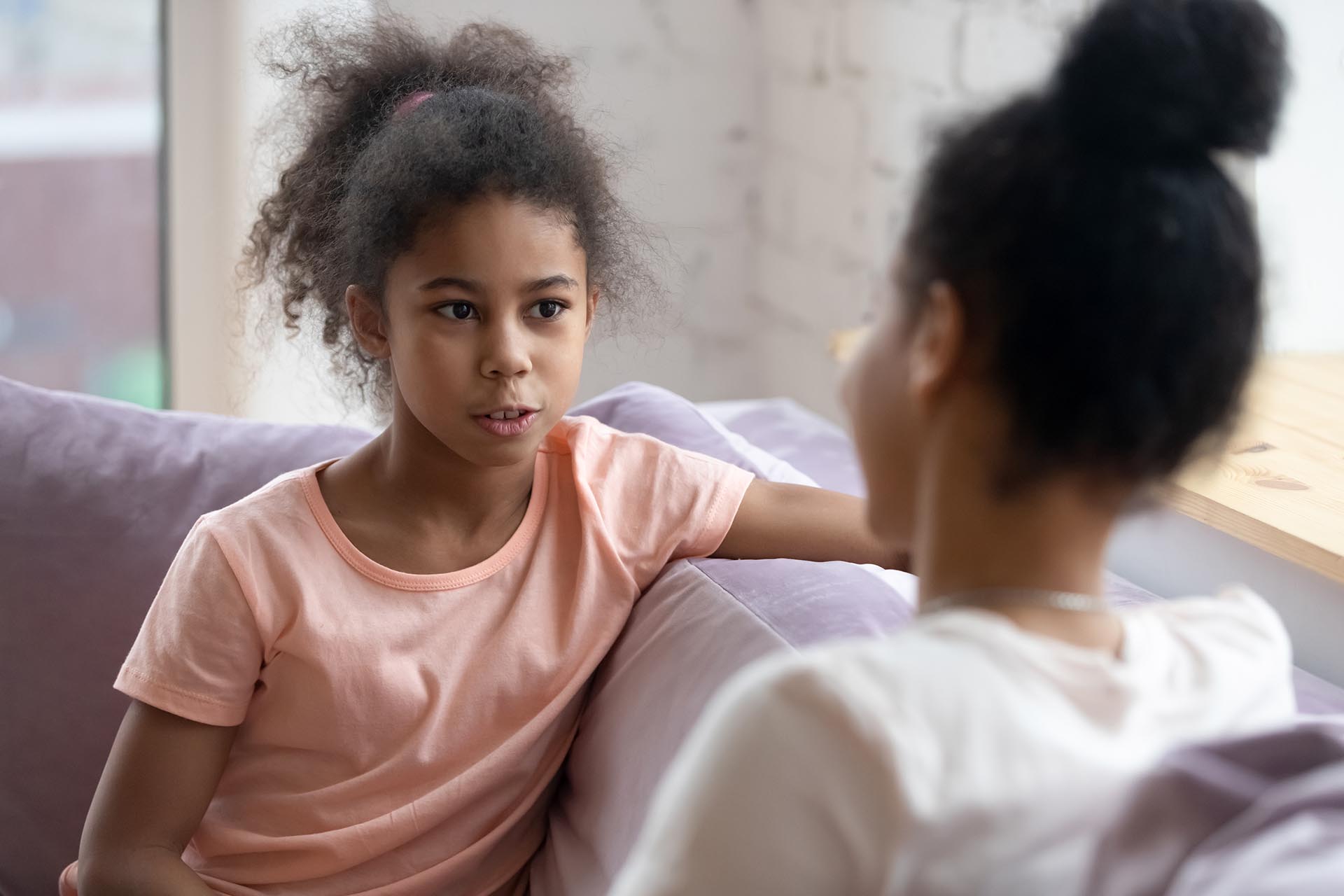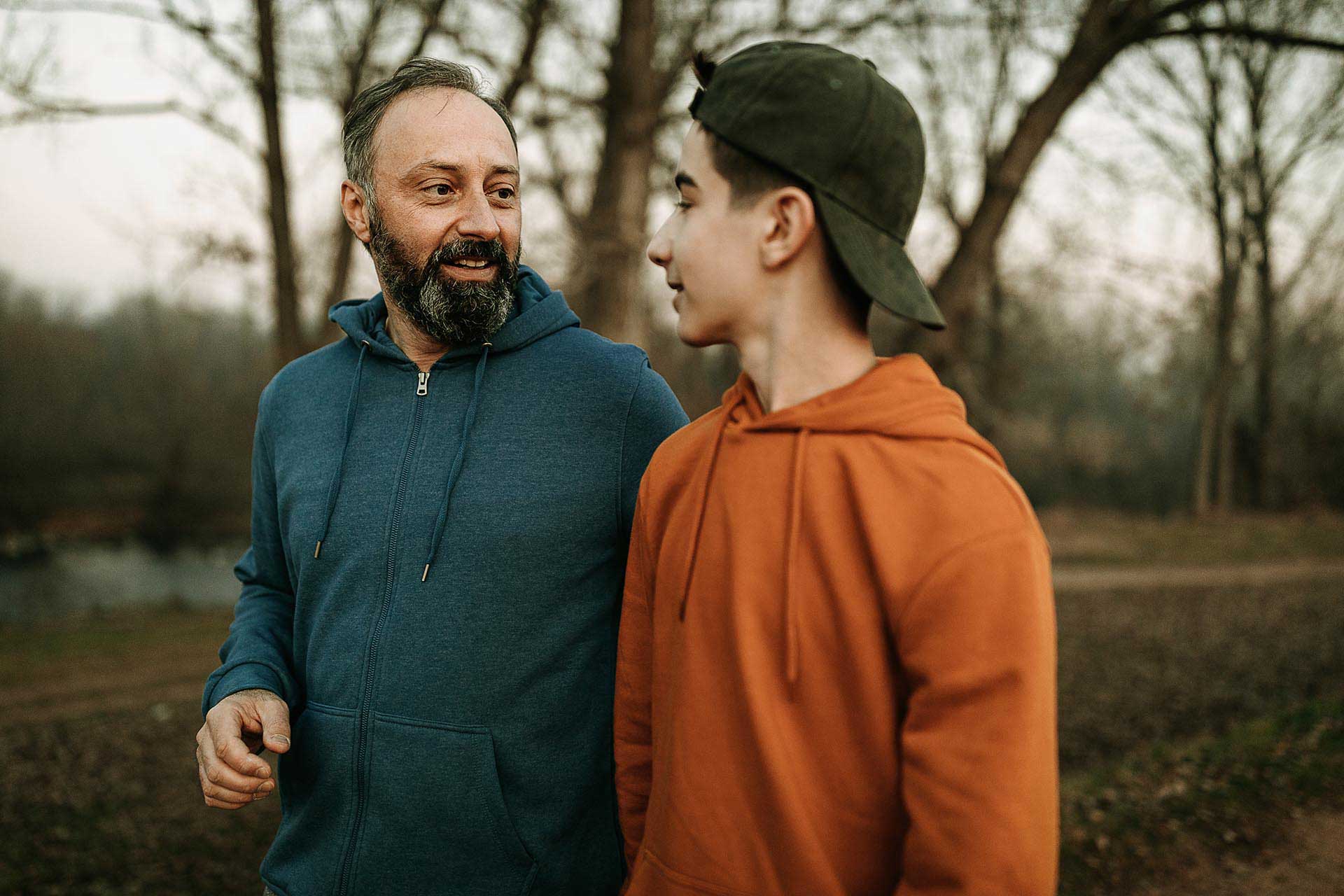How to support your tweens and teens in their friendships
From childhood to the day we die, we all need friends. Some people will have a wide and easily gained social circle, while others will be happy with just one or two close friends. There is no wrong or right, it’s simply a reflection of who a person is and what feels right for them.
Encouraging healthy friendships
With social media, young people might think a lot about what it means to be popular or to have a lot of ‘friends’. This can make things less about ‘quality’ and more about ‘quantity’–and what others can see online. While we can’t take away the social pressure that comes with being young and online, as parents we can help our kids think about and verbalise what it is that your people want from their friendships. Maybe it’s kindness, trust, honesty, humour, or respect. And it’s a two-way street – talk about the qualities they should strive to offer in return. Remind them that good friendships take time to develop – rushing into new friendships can be intense and may not last.
There needs to be balance in friendships. One person shouldn’t hold more power than the other. No one should do all the deciding, or tell others what to do, who to hang out with, or what they should or shouldn’t like. Everyone has the right to their opinion and to be heard. Imbalance of power in friendships can have a huge impact on confidence. If you feel your child might be in an unhealthy friendship, talk about it and try and help them name how the relationship makes them feel. Encourage them to broaden their friendship group and become involved in activities that will give them a break. If necessary, bring issues to the attention of the professionals at school.
Dealing with conflict
Conflict is a normal part of friendships. We won’t always agree, live up to expectations, and have the same way of doing things as the friends we have. Encourage your child to be forgiving and understanding, but that at the same time, they should stand up for themselves and not let someone treat them poorly. A friend should never freeze you out, or exclude you from a group. So, how do we parents help to manage these tricky situations? Trying to keep our emotional selves out of it is hard, particularly when our child is hurt, but we need to be realistic about our child’s strengths and weaknesses (they may not be as innocent or blameless as they make out). If there is an issue, talk about it with your child, ask questions, repeat back information, and then encourage them to come up with a solution. Don’t try to fix everything for them, as this robs them of an opportunity to take responsibility and learn how to deal with conflict.
Communication is important, but privacy and respect are also key to preventing issues from getting out of hand. Encourage your child to solve problems away from others, and face-to-face and explain to their friend how they feel using ‘I’, not ‘you’ statements (focusing on how they’re feeling rather than their opinion on the matter). We don’t recommend contacting other parents directly, as emotion and bias can get in the way and parents often hang on to things long after their children have forgiven and moved on. Involve a teacher or a school counsellor if things get out of hand.
Changing friendships
Some friendships don’t last or they fade out, and that’s normal. People change and circumstances change. This can be hard, but it’s important your child knows to treat others with kindness and respect when it happens. Teach them to be thankful for friendships no matter how long they last, we learn something from each and every one of them. Encourage your kids to have friendships in different areas of their life. That could be in organisations outside of school, in your neighbourhood, extended family, interstate, or overseas connections like a pen pal. Each friend will offer something different: a good listener, good competitor, good fun, etc. And friendship is voluntary; it should be something that we can walk away from if it’s not having a positive impact on our lives.
Be wary of using of the term ‘best friend’. It can put too much pressure on one person to be everything, and when things go wrong or change, a big hole is left to fill and can leave people feeling guilty and disloyal. If adults refer to a certain friend as ‘best’ often, it can make things really awkward, especially if the friendship dynamics are changing.
Young people should come away from spending time with a friend feeling good about themselves, not second guessing what they said, did, or wore. Friendships can become more intense during puberty. The discovery and independence that happens during this time really makes for strong connections, and they can be a roller-coaster ride. Often, the best thing to do as a parent is to listen. Again, try to avoid solving every dilemma for them. Be observant, interested, and alert – step in if your gut feeling tells you to.
Further reading
- our blog post ‘Social media use over the holidays: talking to your teen or child’
- A Mighty Girl (‘The world’s largest collection of books, toys and movies for smart, confident, and courageous girls’)
- KidsHealth (helping kids cope with cliques)
- Kidshelpline (helping kids handle conflict)
- Linda Stade (educator, writer and speaker to grow happy, healthy kids)
- Reachout (helping young people feel better)
- URStrong Dana Kerford (teacher and friendship expert)











